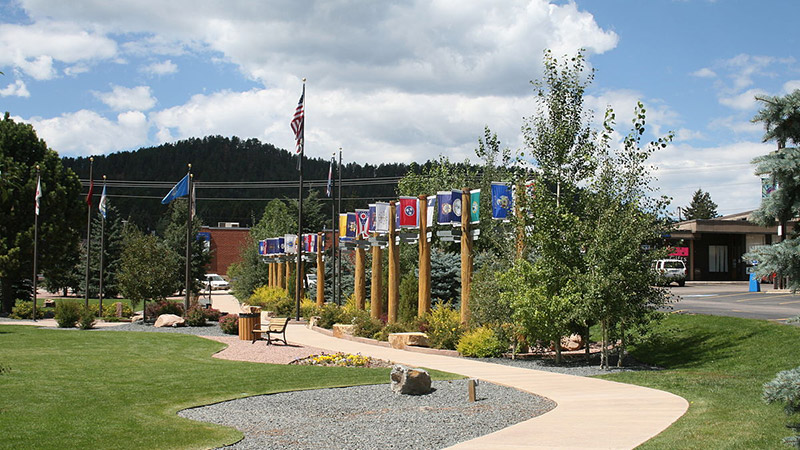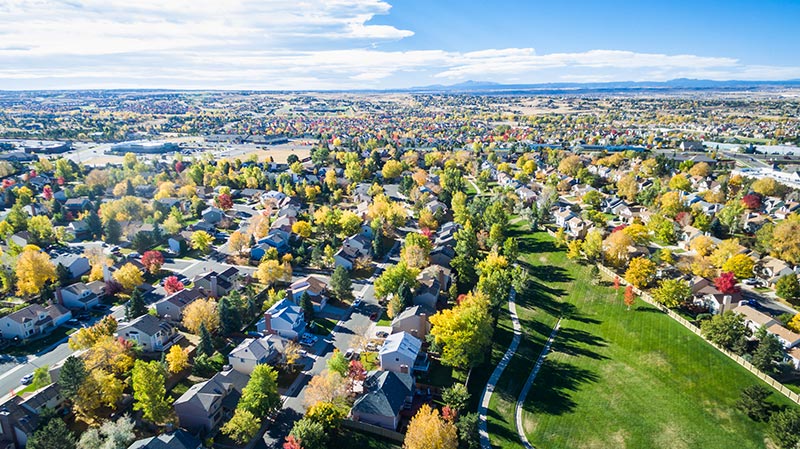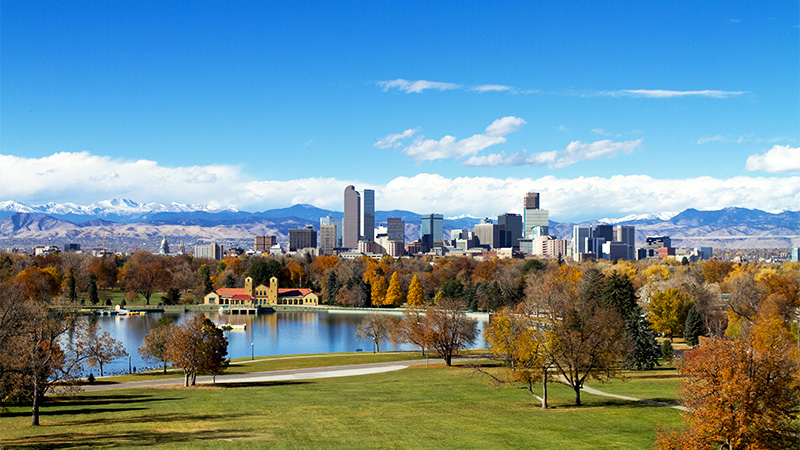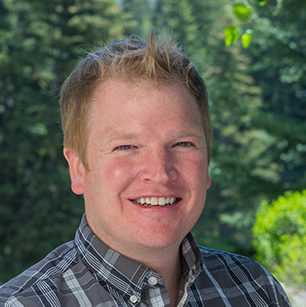April 1, 2020
Water conservation at the state and local level is essential in Colorado
Coloradans know that in our semi-arid state, water conservation is vital to maximize limited supplies and meet all water users’ needs while sustaining healthy rivers. While our state and municipalities have taken steps over the years to improve water conservation and boost water efficiency, more must be done. Climate change is causing our state to become warmer and drier, changing when and how our snowpack melts in the spring, increasing water scarcity, and putting greater stress on our cities, farms, ranches, and recreation opportunities. On top of that, Colorado’s population is expected to increase from its current 5.8 million to over 8 million by 2050.
All of this is leading Colorado’s fast-growing communities to seek proactive water conservation solutions that will allow them to improve water efficiency today and grow their communities in a water-smart way in the future.
A new Colorado law will help more communities pursue water conservation and smart growth strategies
One of the more effective ways a community can improve water efficiency is to include water planning in their master or comprehensive plan, which local governments use to guide long-term planning including development and growth. Colorado lawmakers recognized this and took action this year by enacting HB20-1095, authorizing local governments to include a water element in their master plans. This enables those cities and towns who choose to include a water element to pursue water conservation and water efficiency strategies to meet their unique needs. It also provides an opportunity for local residents to have a say in decisions regarding water and growth, as developing and updating master plans often involves input and buy-in from the residents themselves.
By including water in communities’ master plans, Colorado municipalities can pursue growth strategies that conserve limited water supplies and lead to more water efficient development. The new law allocates funding to the Department of Local Affairs to support communities in developing and incorporating these conservation strategies in their master plans. The new law, in addition, allocates funding to the Department of Local Affairs to support communities in developing and incorporating these conservation strategies in their master plans, enabling the pursuit of growth strategies that conserve limited water supplies and lead to more water efficient development. This increases communities’ resiliency and reduces their vulnerability to drought and water shortages. It also supports state-level water conservation efforts and continued implementation of Colorado’s Water Plan, which sets an objective to have 75% of Coloradans living in communities that have incorporated water-saving actions into land use planning by 2025.
Colorado’s Water Plan is a comprehensive set of programs and projects that will help protect our state’s rivers and streams while beginning to address the gap between water supply and demand.
Colorado communities are leading the way in water conservation
A number of Colorado communities have already taken steps to integrate water conservation and efficiency into their master plans. With the enactment of HB-1095, these locales can serve as models for other municipalities around the state.

This file is licensed under the Creative Commons Attribution-Share Alike 4.0 International, 3.0 Unported, 2.5 Generic, 2.0 Generic and 1.0 Generic license.
Attribution: Andreas F. Borchert
The Town of Woodland Park—a small community of about 8,000 people—has robustly integrated their water resources management objectives into their comprehensive plan for years, as directed by city council. This has helped ensure that their limited water supplies remain sufficient for their growing town, and that water issues are always addressed in connection with growth and development proposals.

The City of Aurora—a large city of about 370,000 people—included water not only as standalone section in their 2018 comprehensive plan update, but integrated water throughout the entire plan highlighting the essential role water plays in the city. The comprehensive plan emphasizes the importance of water to the growing community, and describes how specific conservation, demand management, and efficiency measures have saved the city significant amounts of water in recent years.
WRA is helping Colorado communities improve water conservation by integrating land use and water planning
Western Resource Advocates has worked for nearly two decades to increase water conservation in Colorado and facilitate more water-efficient communities. Over the last several years, we have helped Colorado municipalities integrate their water and land use planning processes by hosting workshops, conducting trainings, and creating resources, including this first-of-its-kind guidebook for local planners. Aligning these planning efforts—which typically happen separately—is critical to support our growing communities by embracing the limited amount of water in the West.
Check out more of our Water and Land Use Planning resources!
Resources and opportunities for integrating water conservation and planning in your communities
- The WRA guidebook for local planners mentioned above has detailed recommendations and case studies for integrating water conservation and planning—these include adding water to a master plan, updating zoning and ordinances, and various other incentives.
- The Babbitt Center for Land and Water Policy recently published an entire manual dedicated to helping communities add water to their master plans.
- The Colorado Water Conservation Board has a guidance document for including land use planning in community Water Efficiency Plans.
- The Colorado Department of Local Affairs has grants available to help communities add water to their master plan.
- The Sonoran Institute has the Growing Water Smart program designed specifically to help communities interested in this topic.
- Finally, WRA and our partners can provide direct assistance to communities interested in taking these steps! Please contact John Berggren, water policy analyst, for additional details.
Every community in Colorado faces different challenges and opportunities with regard to water and growth. HB-1095 recognizes this and will ensure that more communities around the state can pursue smart water conservation strategies like Woodland Park and Aurora have done.



